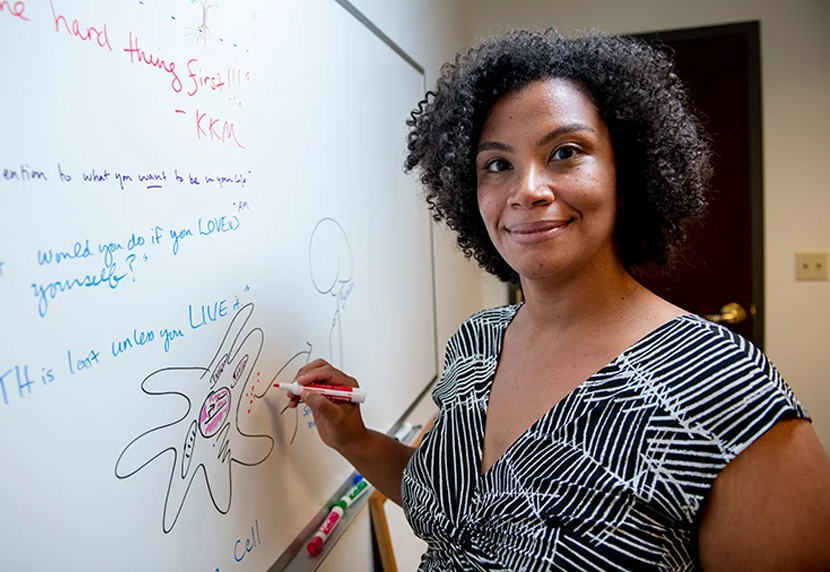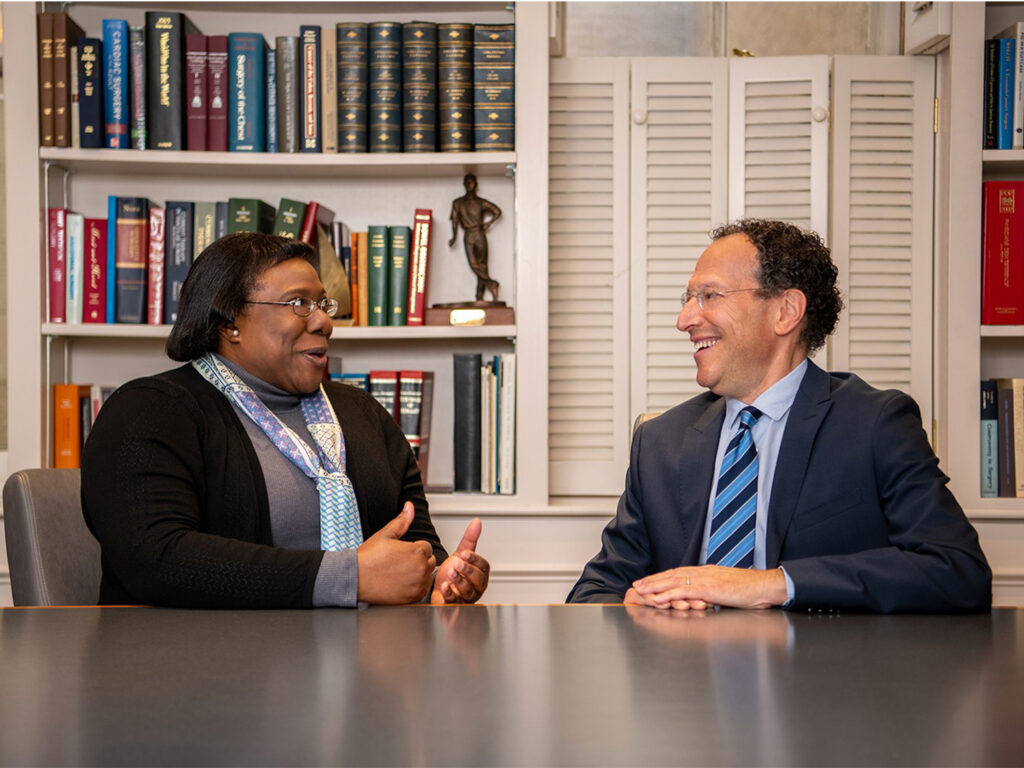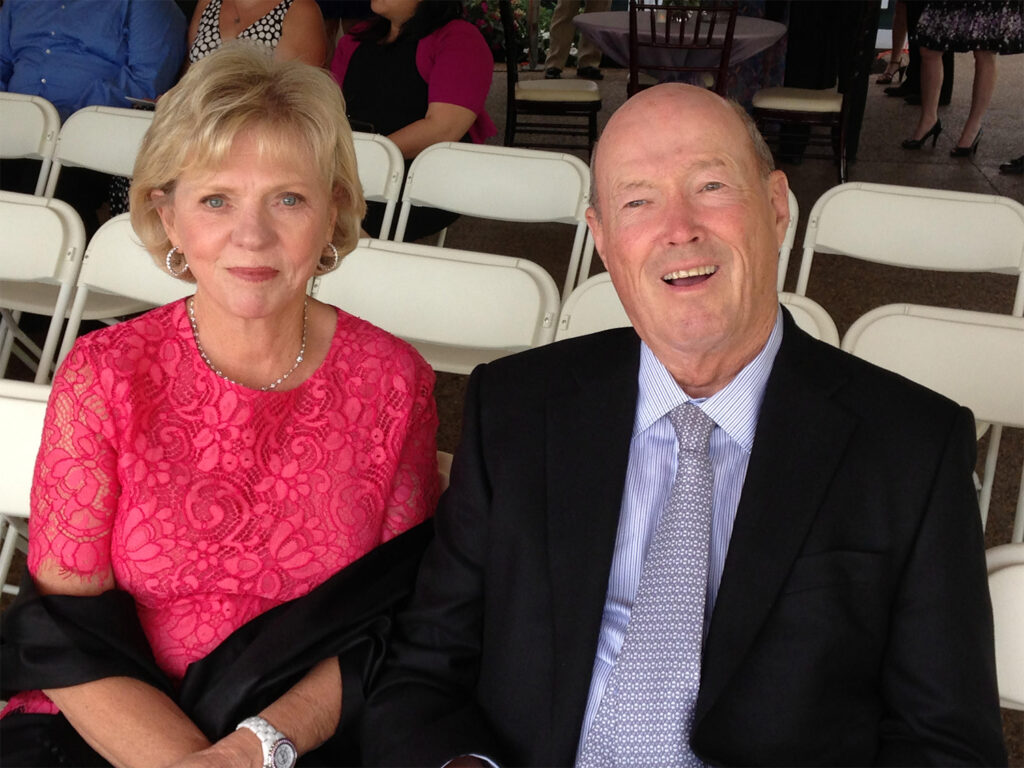Massachusetts General Hospital’s Center for Law, Brain & Behavior (CLBB) operates at the intersection of law and medicine, working to ensure that the most accurate and actionable neuroscience is present in courtrooms across the globe. Now, thanks to a generous gift from The Tow Foundation and with backing from other supporters, CLBB has launched its latest resource in those efforts: the NeuroLaw Library, a first-of-its kind database that collects all the expert research from CLBB’s team of legal and medical experts. This free, open access resource contains journal articles, amicus briefs and affidavits focused on neuroscience, along with educational videos, a neurolaw dictionary and toolkits for attorneys and incarcerated persons.
“In the legal field, better science leads to better outcomes,” says Judith G. Edersheim, JD, MD, who with Bruce H. Price, MD, is co-founder and director of the Center for Law, Brain & Behavior. “With the NeuroLaw Library, we’re leveling the playing field when it comes to informing the justice system about neuroscience.”
“A lot of people don’t have access to neuroscience resources that can help their case,” adds Library Director Stephanie Tabashneck, PsyD, JD. “The idea behind the NeuroLaw Library is that they can get in and get what they need.”
Knowledge is Power
Since its founding in 2008, CLBB has become a leader in providing neuroscience research to inform juvenile and young adult justice, aging and elder fraud prevention, criminal sentencing and memory in eyewitness testimony. CLBB’s small but mighty team has educated legislators and judges about brain science, written legal briefs on the latest findings and testified as expert witnesses. But, as Dr. Edersheim puts it, the team couldn’t be everywhere at once, so they wanted a way to share this knowledge with as many people as possible.
“Think about the neuroscience of substance use disorders,” Dr. Edersheim says. “The law had thought of these as character flaws, and those misconceptions led to vicious cycles of incarceration and relapse. But the brain science of addiction is incredibly useful to drive better outcomes. All of that knowledge is actionable, and it’s leading people to rethink the conditions of parole and expansions of treatments within correctional facilities. For us, the question was, how do we get it to more people?”
Enter the NeuroLaw Library. With this resource, people across the judicial spectrum — defense attorneys, prosecutors, judges, probation and parole officers, advocates, incarcerated persons and their families — can search for information about how the brain works and what that means for the justice system. For example, a user can type in “solitary confinement” or “substance use” and find a treasure trove of legal knowledge in those matters.
“The CLBB NeuroLaw Library aligns powerfully with our core mission to make ‘accurate and actionable’ neuroscience broadly accessible to inform and reform law and public policy,” says CLBB Executive Director Robert Kinscherff, PhD, JD. “Each module added over time will bring neuroscience and related behavioral sciences to critical areas of law and policy with impacts across the lifespan, from child well-being to elder protection.”
“What we’ve learned about adolescent and young adult brains is that they have an underdeveloped frontal lobe and a hyperdeveloped amygdala, which is like having a Ferrari engine with Smartcar brakes,” Dr. Tabashneck says. “They’re really good at go, but really bad at stop, which translates to making poor decisions in a highly emotional context. Educating judges, policymakers and attorneys on these dynamics is incredibly helpful, because they’re making decisions about community safety and sentencing.”
A Growing Resource
The first module of the NeuroLaw Library, titled Juvenile and Emerging Adult Justice, is one of five content modules planned, with a staggered release over the next two years. This first module reflects the growing impact of neuroscience research on sentencing reform and sentence mitigation in felony cases involving crimes committed by youth and young adults. Research in adolescent neuroscience shows that most criminal behavior desists after age 19, but sending juvenile offenders to prison increases their risk of continued offenses.
“What we’ve learned about adolescent and young adult brains is that they have an underdeveloped frontal lobe and a hyperdeveloped amygdala, which is like having a Ferrari engine with Smartcar brakes,” Dr. Tabashneck says. “They’re really good at go, but really bad at stop, which translates to making poor decisions in a highly emotional context. Educating judges, policymakers and attorneys on these dynamics is incredibly helpful, because they’re making decisions about community safety and sentencing.”
Future modules — made possible by the generosity of The Tow Foundation, the late Dr. Michael A. Jenike through the David Judah Fund, and Steve and Joan Belkin — will share CLBB’s expertise in substance use, trauma, elder abuse and child protection. The database will also leverage artificial intelligence to adapt complex materials to five different reading levels, starting at the sixth grade. This feature is designed to meet the needs of justice-involved persons restricted in the amount of time they can spend in the prison library or who may have limited educational backgrounds.
Feedback on the library has been overwhelmingly positive, with interest from the Innocence Project, the Sentencing Project, the National Center for Juvenile Justice and the Juvenile Law Center. CLBB is poised to distribute the NeuroLaw Library to every adult correctional institution in Maine, with plans for juvenile centers, and is in talks with technology providers to expand to other institutions throughout the country.
“The impact of the NeuroLaw Library is already being felt across the legal and policy landscape – from incarcerated persons writing their own appeals, to defense attorneys and prosecutors, judicial educators, and legislative staffers,” Dr. Kinscherff says. “Eliminating barriers to accessing reliable science and skillfully developed litigation materials and briefs is the first essential step toward democratizing access to science so it can be applied in legal and policy decision-making.”
To learn more about CLBB and the NeuroLaw Library, contact us.









